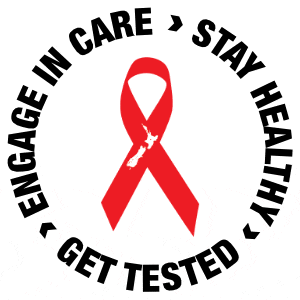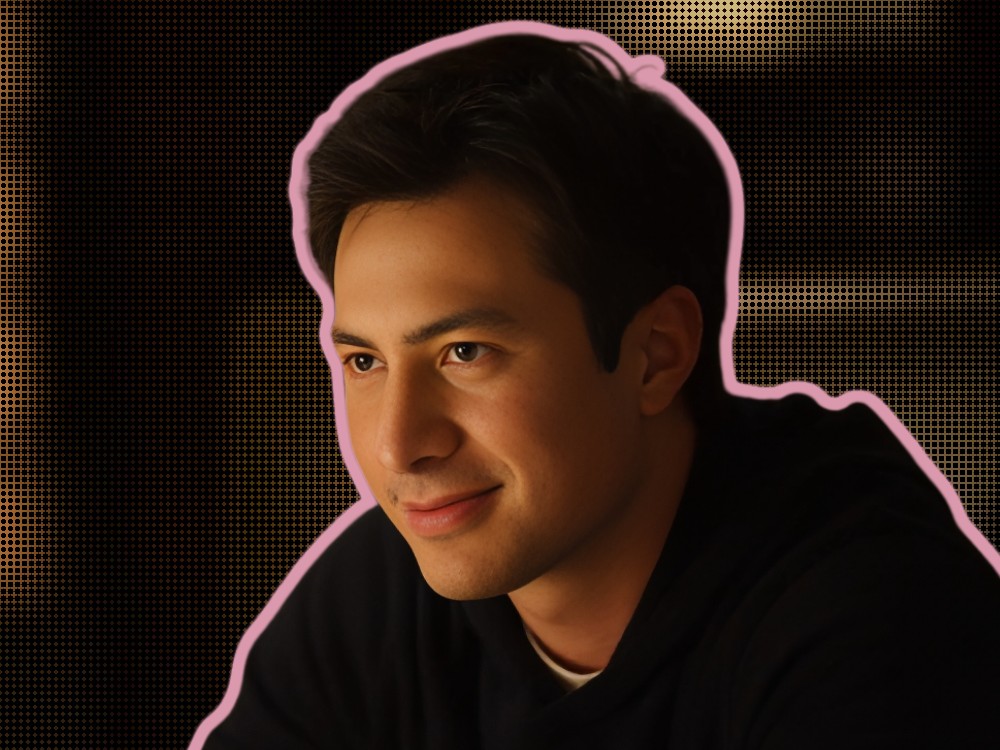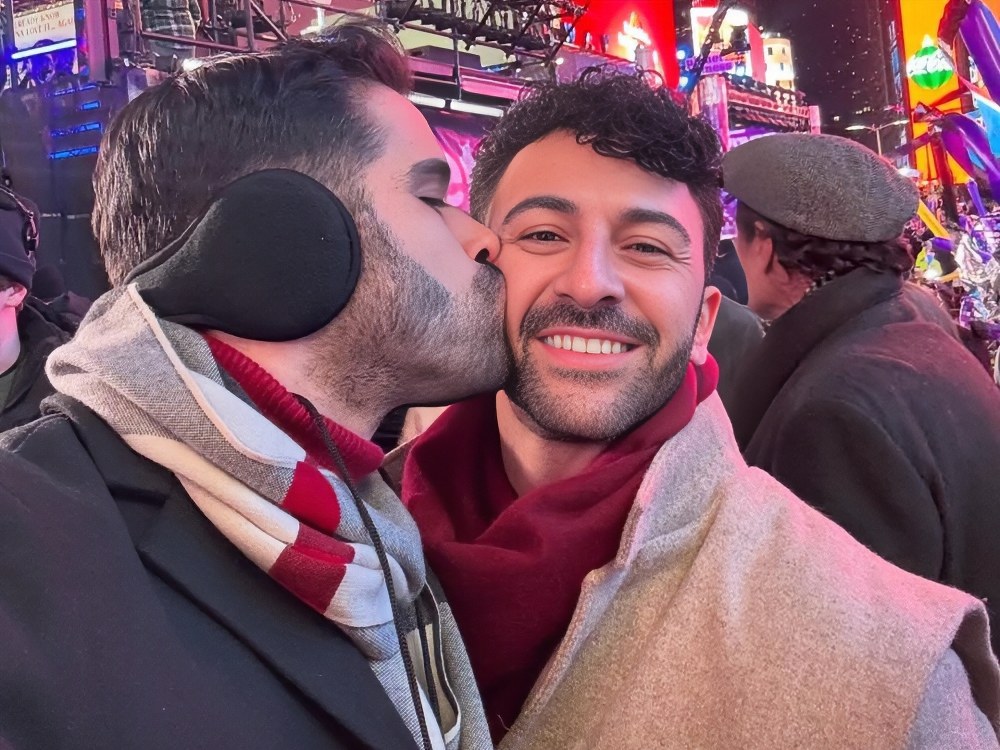Perth has been officially named as the host city for the 2030 Gay Games, marking a huge win for LGBTQIA+ sport and inclusion in the region.
The announcement was made early Friday morning by the Federation of Gay Games, following a two-year global selection process involving 25 cities across five continents. Perth’s bid triumphed in the final round against Denver, Colorado, making it the first Australian city to host the Games since Sydney in 2002.
“I’m not going to lie, I’m incredibly nervous,” said Justin Barnes, Chair of Team Perth and Director of Marketing & Community for the Perth bid, just before the decision.
“But I see that as a positive thing. It’s a reflection of our team’s exceptionally hard work. We feel like we’ve already won just because we’re different. Perth is always underestimated — but when people visit, especially from the LGBTQ+ community, they’re amazed by how incredible it is.”
A Global Celebration of Inclusion
Founded in 1982 in San Francisco by Olympian Tom Waddell, the Gay Games were created as a response to the exclusion of LGBTQIA+ people from mainstream sport. Originally named the Gay Olympics, the event was forced to drop the term “Olympics” but has continued to honour its founding mission of inclusion, participation, and community pride.
Unlike traditional sporting events, the Gay Games feature no qualification standards, no requirement to be out, and no barriers to entry. Over the decades, host cities like Amsterdam, Chicago, Paris, and Hong Kong have helped shape a truly global movement.
The return of the Games to Australia almost 30 years after Sydney hosted in 2002 is seen as an opportunity to reignite national conversations around diversity in sport.
Why Perth Won
Perth’s successful bid beat out local contenders Adelaide and Melbourne and ultimately triumphed over Denver in the final stage. Key factors included its world-class facilities, strong community and government backing, and a compelling message of authentic inclusion.
“Hosting the Gay Games isn’t just about a week of sport,” said Christine Granger, CEO of Proud 2 Play.
“It’s about changing what sport looks like for LGBTIQA+ people in this country.”
“The Games can grow clubs, make sport safer, and show young queer people that they belong — whether it’s on the field, in the pool, or wherever they want to play.”




























